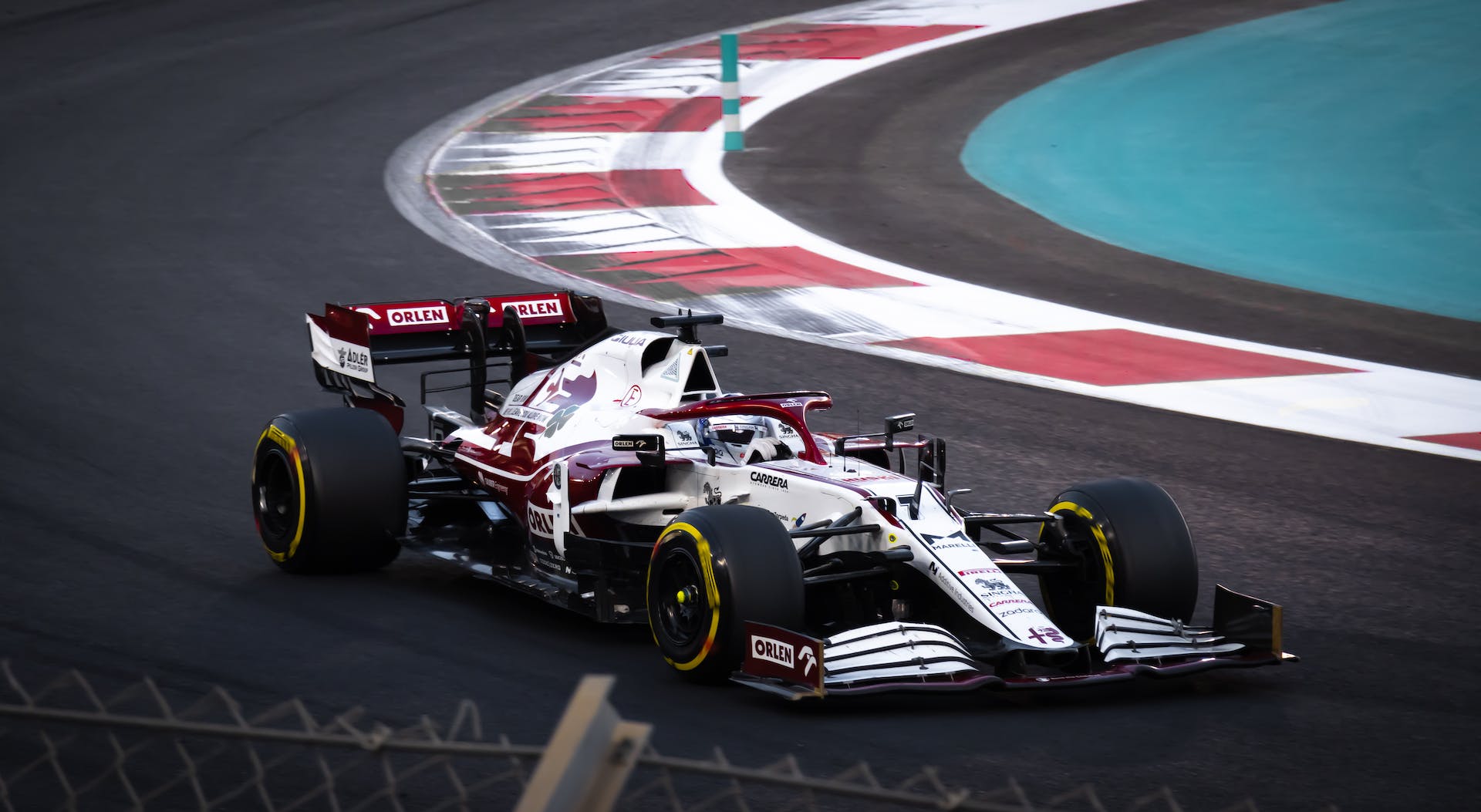Formula 1, the premier class of motor racing, faces a formidable challenge: achieving net zero carbon emissions by 2030. According to Nico Rosberg, the retired F1 champion, reaching this ambitious goal without the integration of alternative fuels is “impossible.”
Fueling the Future of Racing
Formula 1 has long been a beacon of cutting-edge technology and innovation. Currently, F1 cars operate on a mix of 90% regular fuel and 10% ethanol. However, in a bid to lead the charge against climate change, there’s a concerted push towards developing “drop-in” fuels compatible with existing vehicles. In a collaborative effort, F1 is working alongside Saudi Arabian oil giant, Aramco, aiming to introduce a low or zero-carbon fuel alternative by 2026 that will cater to 100% of the racing vehicles’ fuel needs.
The Carbon Footprint of F1
While the roar of the engines and the thrill of the race capture global attention, there’s a lesser-known fact about the sport: the cars themselves contribute a mere 0.7% of its total carbon emissions. A report reveals that the F1 circus generated approximately 256,000 tonnes of CO2 in 2019. For context, an average UK car emits close to 1.7 tonnes of CO2 annually.
The real environmental challenge for F1 lies in its logistics. Over 70% of the sport’s carbon footprint comes from the transportation of equipment and personnel across the 23 annual races hosted worldwide. Rosberg points out, “The biggest challenge is the logistics, where they depend on the airline industry essentially. Also trucking, but trucking will be easier. It’s the airline industry that has the biggest challenge.”
Rosberg’s Green Endeavours
Since hanging up his racing gloves post his World Championship victory, Rosberg has pivoted his focus towards championing low-carbon technologies. His mission? To drive industries towards the net-zero finish line. Among his notable initiatives is sponsoring graduates at Oxford University. This collaboration supports research endeavours aimed at atmospheric carbon removal, oceanic plastic clean-up, and the development of green fuels for maritime and aviation sectors.
Though Rosberg hinted at aiding F1 in its green mission, he remained tight-lipped about the specifics, stating the plans are still in their infancy.

After a recent visit to Oxford University, Rosberg expressed his desire to make a meaningful contribution post his racing career. He emphasized the unparalleled opportunity the current era presents for impactful technological innovation.
Championing a Sustainable Future
Varun Shankar, an engineering student benefiting from Rosberg’s sponsorship at Oxford, is researching the viability of alternative fuels for shipping. He emphasizes the urgency of the matter, stating, “Whatever ship you build today would be running until 2053, so you can’t say let’s wait until 2050 to make that change.”
As Formula 1 speeds towards a sustainable future, it’s clear that the road ahead demands innovation, collaboration, and unwavering commitment. With pioneers like Rosberg steering the way, the race to a greener planet might just be winnable.
©globalgreenhouse.eu

